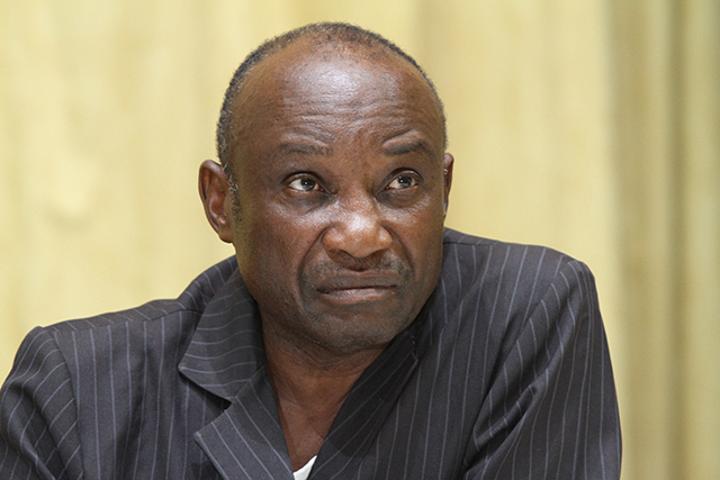Africa-Press – Namibia. THE REPUBLIC of Namibia – the independence of which we all fought for so heroically – was constituted on 21 March 1990.
At the same time, it was established with rules, procedures, norms and standards (i.e. values) on HOW and WHY to live in our country.
Most of these values are found in the preamble and Chapter 3, as well as article 1(1), of Namibia’s Constitution.
The Constitution is the supreme law and everyone in Namibia must obey it. Nobody is above the Constitution.
For the purposes of this article, I will set out what chapter 3, in general, and, in particular, articles 17 and 21(1) (d) of the Constitution say and require us to do both publicly and privately.
POLITICS AND
PROTESTS
Article 17(1) guarantees our rights to engage in political activity.
It also tells us – all of us – that we have the right to engage in political activity in order to influence (and even to change) the composition and policies of our government.
Political activity includes to form new or join existing political parties of our choice.
It also includes the right to PROTEST or demonstrate against widespread UNEMPLOYMENT or POVERTY in Namibia – even on Independence Day.
Political parties include the APP, AR, IPC, LPM, NEFF, PDM, Swapo, the UDF, the UDM, and so on.
However, article 17(1) also says we must protest or demonstrate only PEACEFULLY.
It also requires us to campaign for positions in parliament only peacefully.
“Peacefully” means “without violence”, “without war” and “without disturbance”.
“Without violence” includes without inciting violence or without causing any trouble whatsoever.
This then means that while to “protest” is our human RIGHT, to protest peacefully is our human RESPONSIBILITY.
It means there is no such thing as a human right without human responsibility in Namibia. It also means our rights are directly proportional to our responsibilities.
Put differently, the more responsibilities we have, the more rights we also have. It also means that rights without responsibilities are zero.
Article 21(1) (d) of the Constitution guarantees our right to hold public gatherings or protest marches.
However, it also requires us to hold such gatherings or marches peaceably or peacefully and without weapons.
Now you might also understand why in 2013 the National Society for Human Rights (NSHR) changed its name to Namibian Rights and Responsibilities (NamRights).
RESPONSIBILITIES
Our human responsibilities are found in, among others, articles 5, 11(5), 12(1), 13(1), 17(1), 17(3), 19, and 21(2) of the Constitution.
In most cases in the Constitution, our human responsibilities are written “as is necessary in a democratic society”, or “as are necessary in a democratic society in the interest or for the public order or national security or for the protection of the rights or freedoms of others”, and so on.
Furthermore, the Constitution gives the Namibian Police the powers, duties and functions to maintain law and/or order and the rule of law as well as to prevent crime and violence (before they occur or before they get out of hand), as well as to save or preserve or secure internal security in Namibia (Article 115).
These police powers and responsibilities include to use proportional force, where and when necessary, to prevent violence or any other public disorder or disturbance.
This means that those Namibians or residents of Namibia who engage in violent political activity shall be arrested and detained by the police.
This is why certain political activists have lately been arrested so often and detained by members of the police.
RIGHTS FOR ALL
Also, articles 5, 18 and 25(2) of the Constitution entitle everyone in Namibia to protect and uphold the fundamental rights and freedoms contained in chapter 3.
This includes the responsibility of each and every one to challenge violations of human rights and freedoms in the country’s courts of law.
This is because chapter 3 is a public (res publica) thing, and an attack on chapter 3 of the Constitution is an attack against everyone and anyone in Namibia.
Finally, please allow me to make it categorically clear that NamRights does not protect and/or uphold violence in any form, save when and/or where such violence is lawful, and where it is used as a last resort under international law to fight and bring about the right to self-determination for colonised or oppressed peoples.
* Phil ya Nangoloh is a Namibian human rights practitioner and founder and executive director of NamRights.
For More News And Analysis About Namibia Follow Africa-Press






